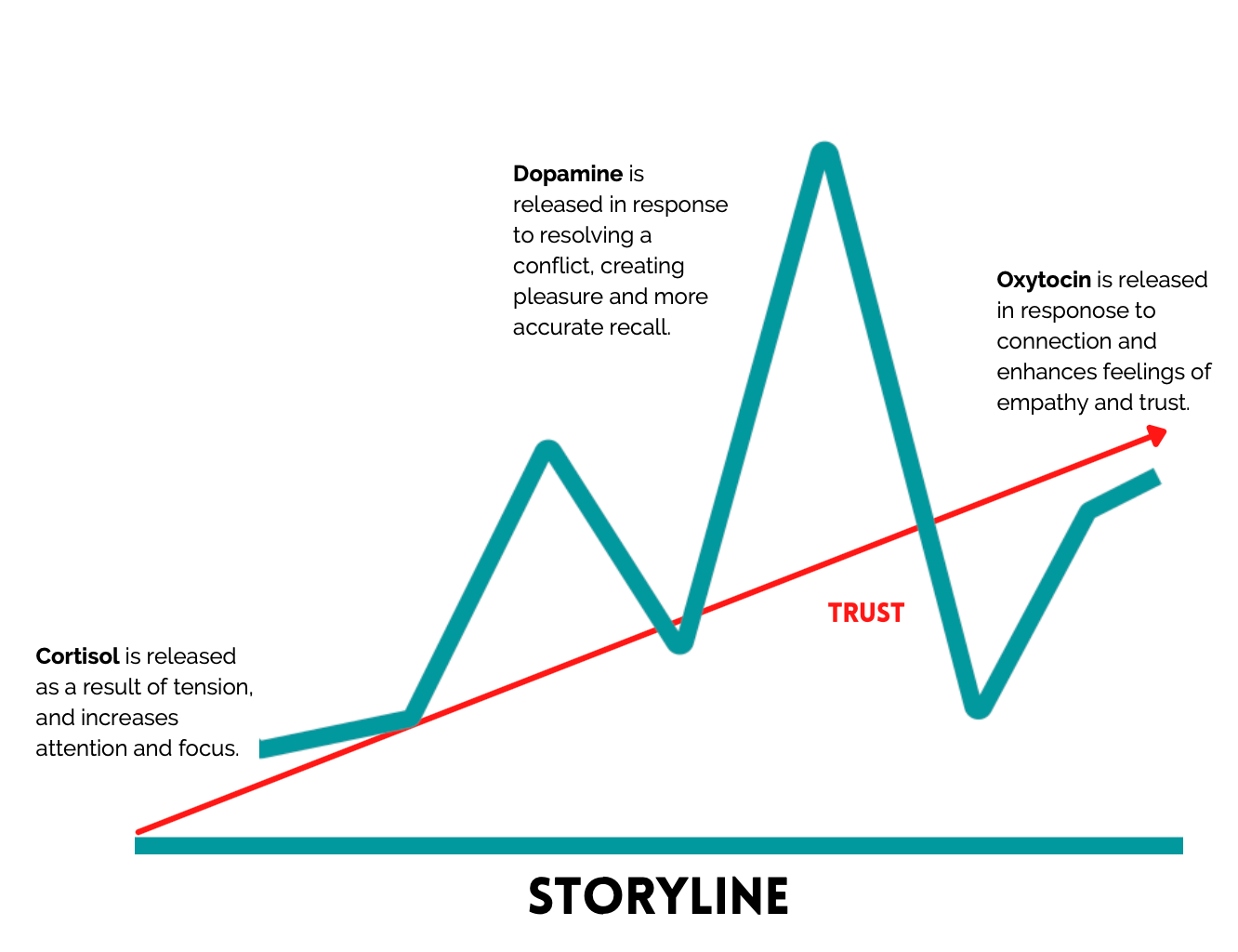Trust your narrative
Hey there, welcome to Love Mondays, a weekly newsletter designed as a 3-minute hit to fire up the other 10,077 minutes of your week.
What would you change if you were playing yourself in a movie?
Imposter syndrome is almost a given. But what we miss is that we don’t need to fit in as a piece of someone else’s narrative. We need to be at peace with our own. Jim Loehr, author of The Power of Story, says that the stories we tell ourselves are the only reality we will ever know in this life. ‘And since it’s our destiny to follow our stories,’ he explains, ‘it’s imperative that we do everything in our power to get our stories right.’
The hero story shines a light on how we do it all alone. The victim story shines a light on how we do it all. These type-cast stories are a cheap ticket to a B-Grade flick of a life. They might provide escapism but a role such as this will never change the world.
What is the story you share of yourself, that enables people to trust you with theirs?
(Write it down)
Consider: sharing the parts of your narrative that make you uncomfortable.
Practice: sensing the moment when you gain another’s trust.
Decide to: find the edges of your story and lean into its authenticity.
Is the science of trust Oxytocin or Oxymoron?
Paul Zak on trust
In the 2014 Harvard Business Review article ‘Why your brain loves good storytelling’, neuro-economist Paul Zak revealed the powerful effect the hormone oxytocin has on the brain when we tell stories.
Oxytocin is also often referred to as the ‘trust hormone’ because our bodies release it when we are with people we love and trust, when we hug, or even when we shake hands in a business meeting. Crucially for us, it’s released when we listen to stories. Oxytocin releases signals to the brain that everything is okay. In other words, the relationship between story and trust is pure science.Adapted from Melissa Hughes PhD
Read more in The Leading Edge. To own one’s narrative is to take pride in all of one’s story. But to trust one’s narrative when leading change is to take pride in all of humanity.
Love your Mondays
Loehr, Jim, The Power of Story: Rewrite your destiny in business and in life, Free Press, New York, 2007.
Zak, P., 2021. Why Your Brain Loves Good Storytelling by. Harvard Business Review, [online] Available at: <https://hbr.org/2014/10/why-your-brain-loves-good-storytelling> [Accessed October 2014].


